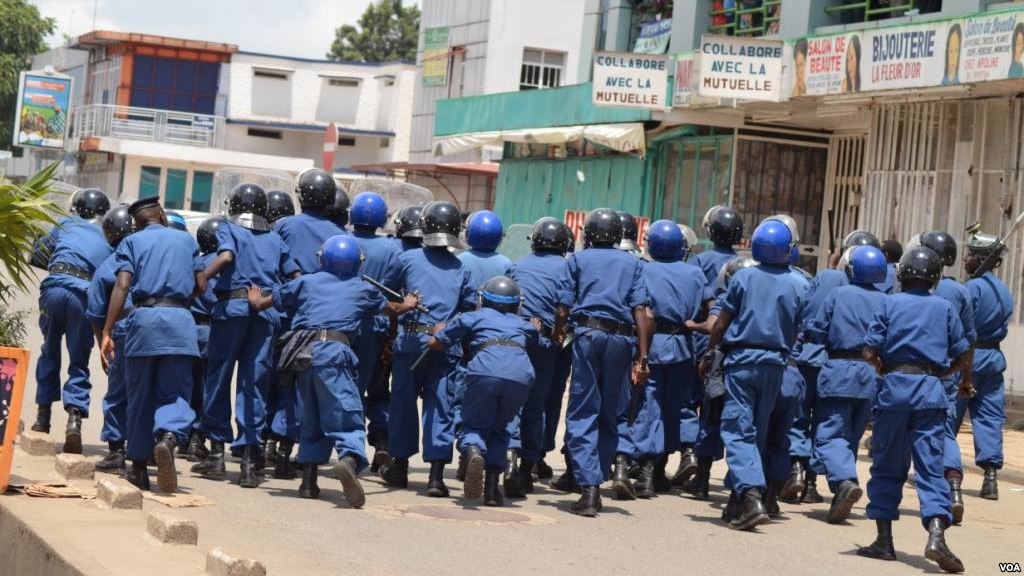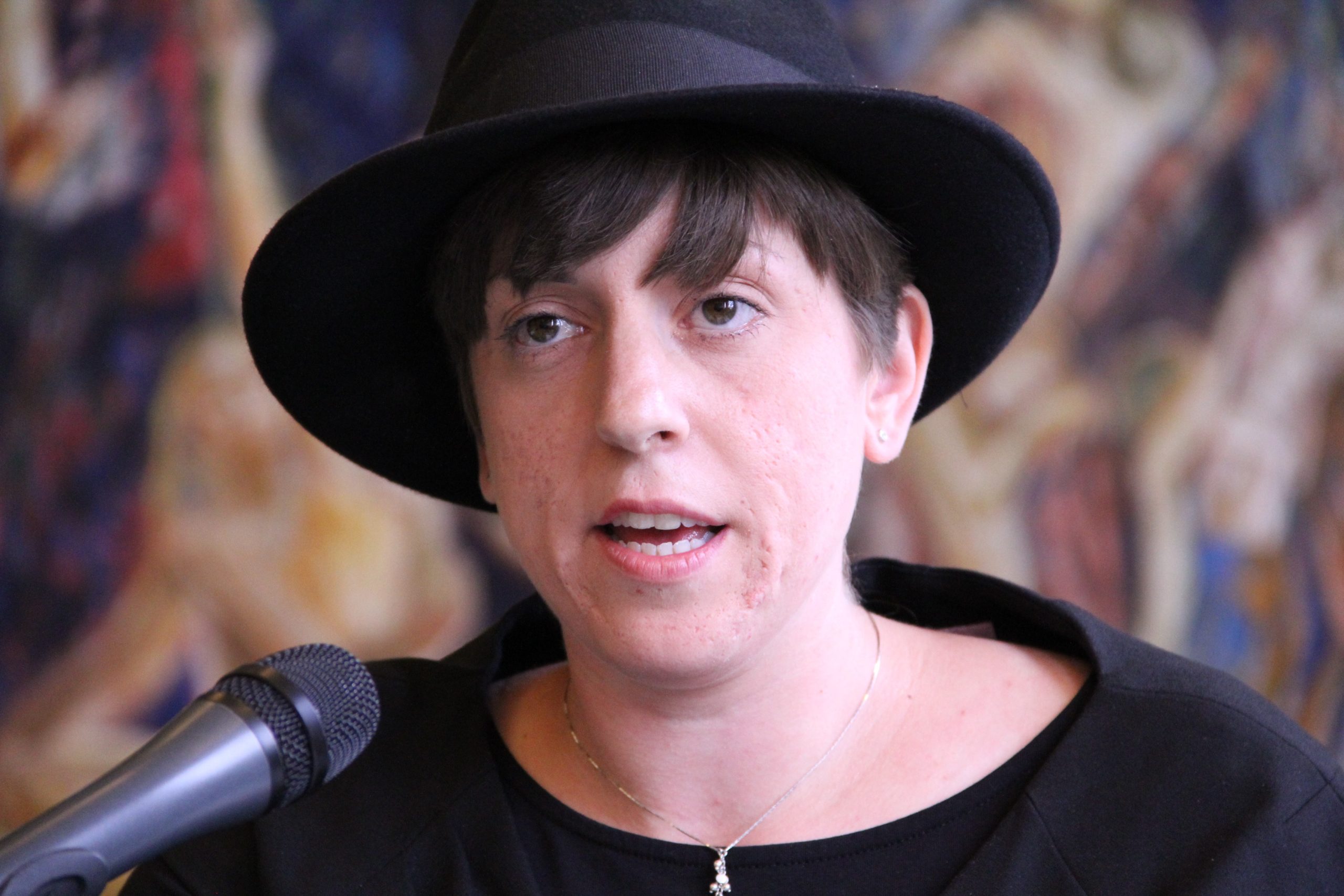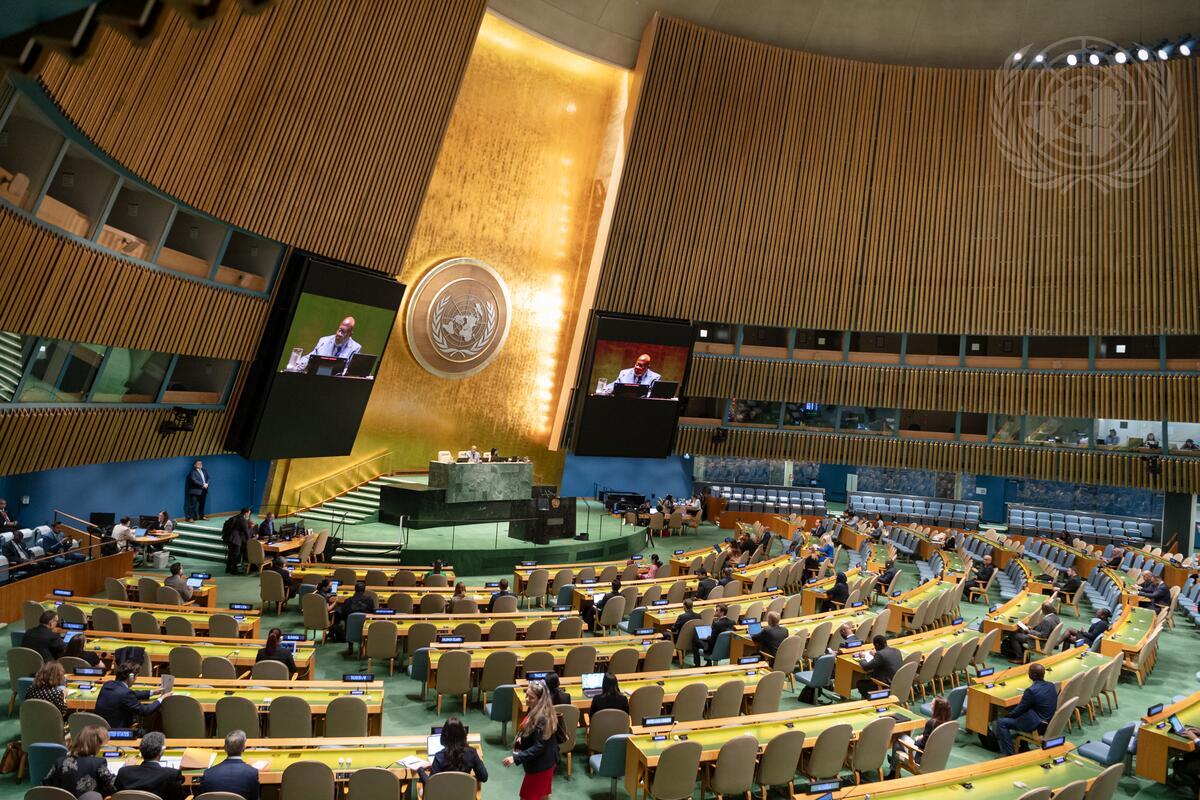Lire cet article en français ici
By Rosa Freedman, Senior Lecturer at Birmingham Law School, University of Birmingham and Advisory Committee member of the Universal Rights Group.
Since Kofi Annan first pushed for reforms of the UN human rights machinery there has been increasing discussion about the need to mainstream human rights across the organisation. The key goal has been to elevate the status of the human rights pillar so that it is no longer the poor relation of development, peace and security. It is crucial for all UN activities that the work of human rights bodies are used by other UN bodies and agencies and that human rights monitors are heeded as early warning systems.
Changes made to Special Procedures, and the system’s evolution since the Human Rights Council (the Council) was created, demonstrate the drive towards mainstreaming human rights across all UN activities.
Over the past two years, the Universal Rights Group – a Geneva-based think tank set up by former diplomats and human rights experts – together with Norway has pushed for concrete, practical steps to ensure that those aims occur in practice.
One example of concrete change in recent years is that mandate holders’ reports, or even in-person briefings, are now being used by bodies such as the Security Council. The use of those reports, which often contain early warnings relating to peace and security, health, the environment, or other activities relevant to UN bodies and agencies, is a significant step forward in the mainstreaming of human rights across all UN work. That welcomed development has resulted from concerted efforts by the UN, States and civil society to ensure that human rights do not remain the far-away, Geneva-based cousin to all other UN activities.
Special Procedures: most important yet least understood
With the increased focus on the work of the UN human rights machinery, there also needs to be an increased understanding of those bodies’ composition, powers and activities.
The Special Procedures system is probably the least understood and yet most important of all parts of the UN human rights machinery. Mandate holders are independent experts on human rights. Each mandate either covers a thematic issue or all human rights within a specific country or region. The mandates are created or renewed at the Human Rights Council, and mandate holders are appointed by the President of that body for fixed terms. The individuals undertake their duties on a part-time basis and without being paid for their work. Some operate individually – Special Rapporteurs and Independent Experts – while others are appointed to a five-person Working Group.
Special Procedures undertake fact-finding, information sharing, reporting, and communicating with individuals, States and civil society. The mandate holders identify specific issues, provide recommendations, and highlight best practices within their reports. Their work is crucial to promoting and protecting rights, and they contribute to the development of international human rights law through working on guiding principles, through mainstreaming human rights, and through engaging with the normative content of rights. Mandate holders are independent both from their own national states and from the UN. But the independence and expertise of some mandate holders is a sore point that is becoming an increasing issue within and outside of the UN.
Special Procedures have developed ad hoc since 1967. Initially mandates only addressed situations in specific countries but there has been an increased focus on thematic rights since 1980. Until recently there were relatively few mandates, but they now number 55. Until the Council was created in 2006, many of the mandate holders were UN insiders – human rights experts that had previously or later held positions on treaty bodies or as other Special Procedure mandate holders. Often they had impeccable general human rights expertise but not necessarily on the specific thematic or country issue at hand. Moreover, many of these mandate holders were white, middle-aged men from Global North countries, thus not representative of the UN or the world that it serves.
Improved but problematic selection procedures
With the creation of the Council there was a significant shift away from these ‘known faces’ moving from one position to another, with the specific requirement that mandate holders could not be appointed to a new mandate immediately after finishing their duties. Staff of the Office of the High Commissioner for Human Rights’ Special Procedures Branch actively sought to encourage a greater range of individuals to apply for the posts, with a focus on expertise, prior experience, nationality and gender. Appointments became more transparent, with nomination forms posted online and with a selection process undertaken by Member States of the Council.
While there is now greater representation of geographic regions, gender, and expertise, the changes to the selection process have brought their own problems. The appointment process now includes interviews with representatives of the five States (one from each region) comprising the Consultative Group, giving those countries significant powers that are at times abused.
It is noteworthy, for example, that many Canadians were appointed in 2014 when Canada chaired the Consultative Group. Likewise, a list of proposed mandate holders prepared by the Consultative Group that did not include any Argentinian candidates was effectively blocked by Argentina when it was Vice President of the Council.
It undermines the perceived independence of the mandate holders that they, and often their home countries, have to undertake political and diplomatic processes when nominated and interviewed for the positions. To protect the independence of mandate holders, and to ensure de-politicisation of the appointments system, the selection and appointment process should be revisited. Some small adjustments could be made; for example, the model could be adapted to include human rights experts on the selection committee, or could be moved in-house to the Special Procedures Coordination Committee or Annual Meeting. But the current model cannot remain as it stands.
Questionable appointments demonstrate a need for change
To a large extent mandate holders are experts and undertake important work. There are, of course, always a few questionable appointments and they are the ones that tend to receive the most attention. There was the appointment of Jean Ziegler to the mandate on the Right to Food: an individual who allegedly received the Qaddaffi Human Rights Prize and used his platform to compare Gaza to a concentration camp, for which he was roundly criticised at the highest levels within the UN. Or there are mandate holders who have been appointed despite holding far less expertise than others against whom they were running. Or stellar candidates, such as Christine Chinkin for the Israel and the Occupied Territories mandate, being blocked for politicised reasons after being recommended by the Consultative Group.
Special Procedures were rightly described by Kofi Annan as ‘the jewel in the crown’ of the UN human rights machinery. The line-up of excellent individuals demonstrates just how much expertise and experience is injected into the UN by having these mandates. But to ensure that the system is strengthened it is crucial that the weaknesses and flaws are understood and addressed.
Follow Rosa Freedman on Twitter at @GoonerDr.




